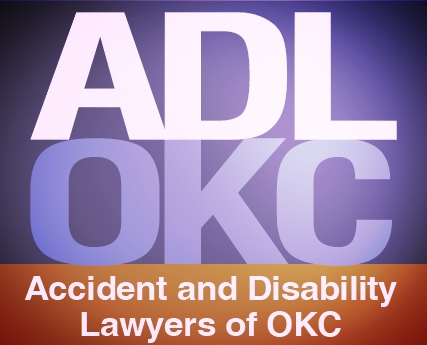Social Security Disability - A Five-Step Sequential Evaluation Process
Social Security regulations require decision-makers to use a five-step sequential evaluation process to determine whether you or your loved one is "disabled." To be found "disabled" and qualify for benefits, you must be able to get past each of the five steps. If the proof fails at any of the five steps (except step 3), the process is terminated and you will be denied.
Step 1: You cannot be engaged in a "substantial gainful activity" (SGA).
To qualify for Social Security benefits, you must be able to show that you are not engaged in a substantial gainful activity. In other words, you must be able to show that you are not working. If you are working, that is, performing a substantial gainful activity, you will be denied for benefits no matter how impaired you are.
Under the social security regulations, “substantial work activity . . . involves doing significant physical or mental activities.” 20 C.F.R. § 404.1572(a). Work may not be substantial when you are unable “to do ordinary or simple tasks satisfactorily without more supervision or assistance than is usually given other people doing similar work” or when you are doing work “that involves minimal duties that make little or no demands” on you and that are of “little or no use” to the employer or to the operation of a self-employed business. 20 C.F.R. § 404.1573(b). But even sheltered work may be substantial. 20 C.F.R. § 404.1573(c). SSA defines gainful activity broadly: “Work activity is gainful if it is the kind of work usually done for pay or profit, whether or not a profit is realized.” 20 C.F.R. § 404.1572(b).
In 2016, a person earning more than $1,130.00 per month will ordinarily be considered to be engaging in a substantial gainful activity.
Step 2: You must have a severe impairment which is expected to last 12 months or longer, or result in death.
At step two of the sequential evaluation process, it becomes necessary to determine if your impairments are "severe." To be successful at this step, it must be determined only that you have a medically determinable impairment which results in virtually any reduction in your residual functional capacity. See 20 C.F.R. § 404.1520(c), § 404.1521, SSR 85-28 and SSR 96-3p.
While getting past this step is generally easier than getting past steps 3, 4 and 5, this step highlights the importance of using a skilled attorney to help you obtain and submit comprehensive medical records which demonstrate your conditions and impairments. According to the SSA policies, “[n]o symptom or combination of symptoms can be the basis for a finding of disability, no matter how genuine the individual’s complaints may appear to be, unless there are medical signs and laboratory findings demonstrating the existence of a medically determinable physical or mental impairment.” SSR 96-4p. In other words, no matter how much the SSA decision-maker might believe you are disabled, he or she cannot award you benefits unless your complaints are supported by your medical records.
Not only must your conditions and impairments be severe and medically supported, they must also meet the duration requirement. In other words, your condition must be continuously "severe." Specifically, unless an impairment is expected to result in death, it must have lasted or be expected to last for a continuous period of 12 months. 20 C.F.R. § 404.1505(a).
Denials based on the duration requirement usually occur in those cases where, at the time of the decision, the duration requirement is not met and the impairment is the sort that is likely to improve within 12 months. However, even if your condition improves, you may still qualify for closed-ended benefits if your condition lasted long enough to meet the 12-month duration requirement.
Steps 3-5: Coming Soon!!!
In our next blog, we will discuss steps 3-5. These steps generally require a finding that you meet or equal a medical listing, or that your residual functional capacity is limited enough to prevent you from doing your past work and certain other work available in the national and regional economy. Generally speaking, getting past steps 1 and 2 is easier than getting past steps 3-5. To get benefits, you must be able to satisfy each of the necessary steps. While we will discuss steps 3-5 next time, a qualified attorney is your best bet at getting the benefits you deserve!
CALL US AT 405-759-0515 TO DISCUSS YOUR CASE! FREE CONSULTATION!
